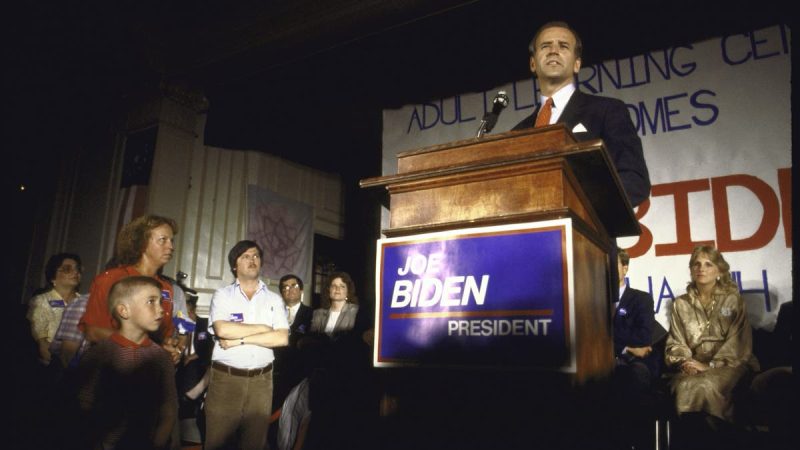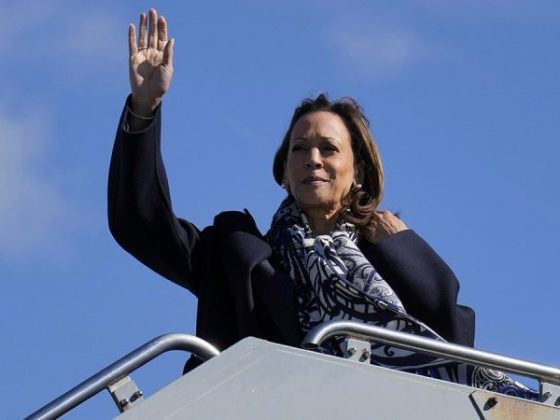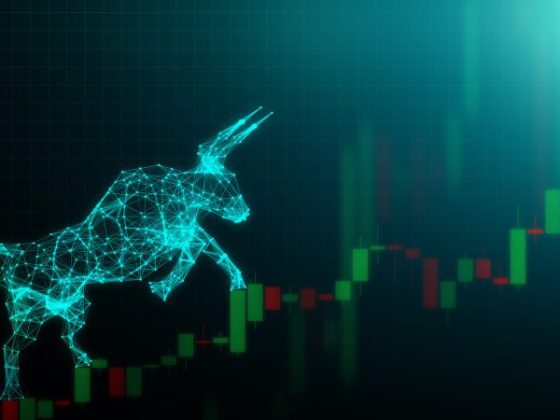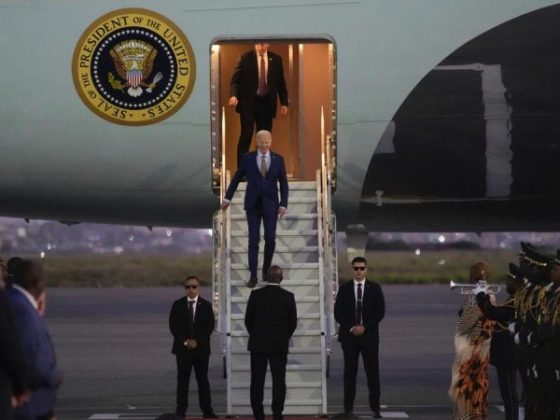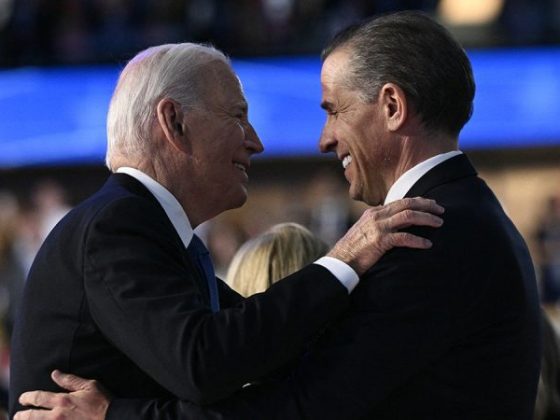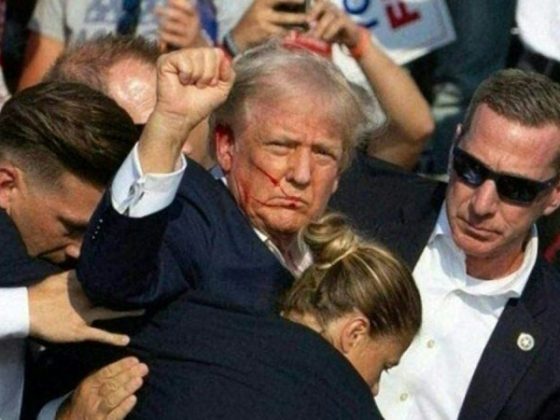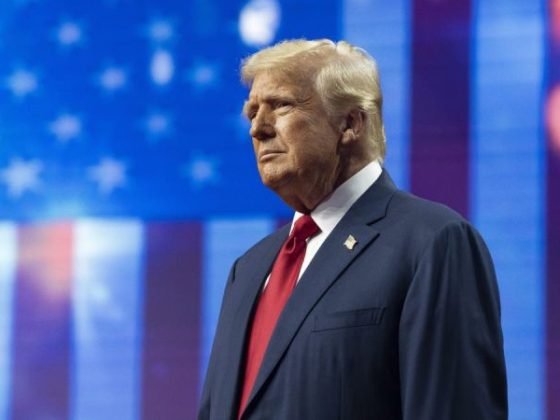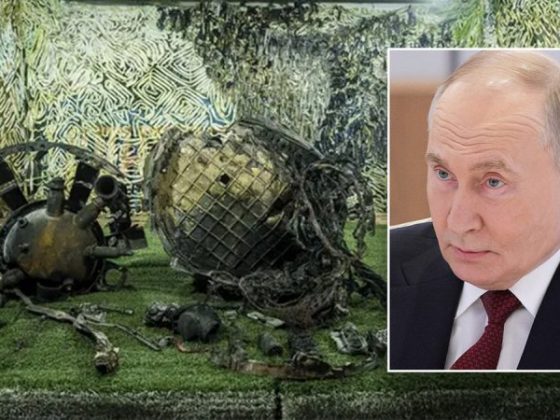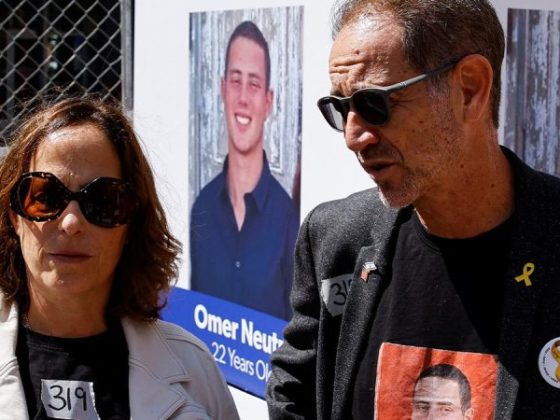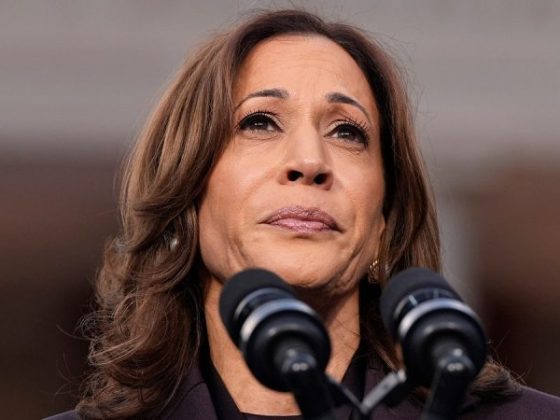The story of Kamala Harris’ alleged plagiarism incident, compared to the firestorm that consumed Joe Biden during the 1988 presidential election, has seen a more favorable response, which raises key issues about the media’s role, political accountability, and evolving societal attitudes towards plagiarism.
Stepping back into the past, Joe Biden’s 1988 presidential campaign was a tumultuous time. Broiling in the controversy of a plagiarism scandal, Biden withdrew from the Democratic primary race under a cloud of ignominy, after several instances of alleged plagiarism both from his law school days and from speeches borrowed from a British Labour Party leader, Neil Kinnock. The media’s response then was swift and merciless, with outlets like the New York Times, the LA Times, and CNN all reporting in depth on his perceived transgressions.
Fast forward to 2020, when Kamala Harris faced her plagiarism scandal, the media’s reaction was significantly more muted and sympathetic. Accusations claimed that a story Harris had shared about her childhood was suspiciously identical to a story Martin Luther King Jr. had told about a little girl in a Freedom March. The information, which first emerged in an article by freelance journalist, Andray Domise, indicated that Harris might have lifted her anecdote from an interview King did with Playboy in 1965. Where was the media’s rigorous prosecution, similar to that of Biden decades earlier?
Scrutinizing this discrepancy deepens our understanding of how society and media have evolved over the years in their response to political scandals. The media’s coverage during Biden’s time was ruthless, considering the society at that time was less saturated by digital information and had fewer sources of news. The standing of politicians was more profoundly pegged on their perceived integrity. Today, given the scope of online content, digital fatigue and media dilution might explain the less virulent reaction to Harris’ controversy.
Further, it is worthwhile to explore the question of political accountability. While plagiarism is unacceptable, the difference in reaction may also stem from how the politicians themselves addressed their situations. Biden initially denied the allegations then later admitted to them and withdrew from the presidential race. Harris, on the other hand, has not publicly addressed these charges, and her continual rise in politics might suggest lesser impact on her credibility, as compared to Biden’s situation back in 1988.
Lastly, the evolving societal attitudes towards plagiarism are worth examining. In 1988, in the pre-internet era, plagiarism allegations were not as common as they are today, which may have magnified the media’s response. Today, with the ease of access to information, accusations of plagiarism have become more commonplace, which could potentially lead to a certain level of societal desensitization, resulting in less shock and outcry.
In conclusion, the benign reaction to Harris’ alleged plagiarism story as compared to the frenzy during Biden’s 1988 election incident provides an opportunity to explore the changing facet of the media landscape, political accountability, and society’s shifting attitudes toward plagiarism.

